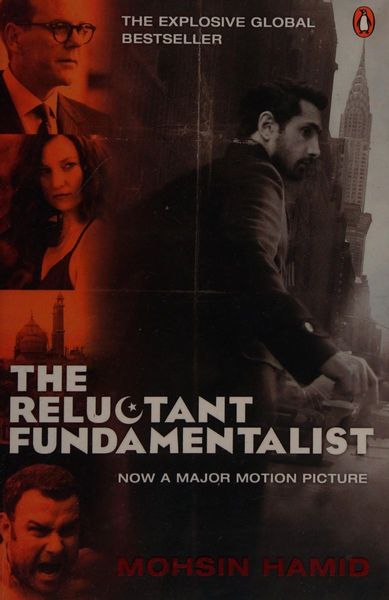
The Reluctant Fundamentalist
The Man Booker-shortlisted, thrillingly provocative international bestseller - adapted to a major motion picture starring Kiefer Sutherland - from the author of Exit West 'Excuse me, sir, but may I be of assistance? Ah, I see I have alarmed you. Do not be frightened by my beard. I am a lover of America . . . ' So speaks the mysterious stranger at a Lahore cafe as dusk settles. Invited to join him for tea, you learn his name and what led this speaker of immaculate English to seek you out. For he is more worldy than you might expect; better travelled and better educated. He knows the West better than you do. And as he tells you his story, of how he embraced the Western dream -- and a Western woman -- and how both betrayed him, so the night darkens. Then the true reason for your meeting becomes abundantly clear . . . Challenging, mysterious and thrillingly tense, Mohsin Hamid's masterly The Reluctant Fundamentalist is a vital read teeming with questions and ideas about some of the most pressing issues of today's globalised, fractured world.
Reviews
Rahma Ali@rali
Brishti Basu@brish_ti
Kritika Narula@kitkatreads
Ivy Vatsala@ivy93
Vanya de Lang @vampibish
Carroll Lachnit@carolinalb
Athena Eloy@athenaeloy
Ambreen Hasan@ambreen
Alan Schussman@alans
Fiona@mcfizzle
Elena Garcia Navarro@elenagn
Trevor Berrett@mookse
Anina@achanina
Nikki Fowler @furphyfox99
M M@expandingbookshelves
Mal @bxrlieo
hyun@hyun
connor arnette@connorarnette
Anita Deka Baruah@anitadb
Tarannum Kamlani@tarannumsaurus
Jackson Weaver@jacksonweaver
Gigi V@barksandvino
Amna A.@crayoladagger
Rue Moonflower@bamboo_rue